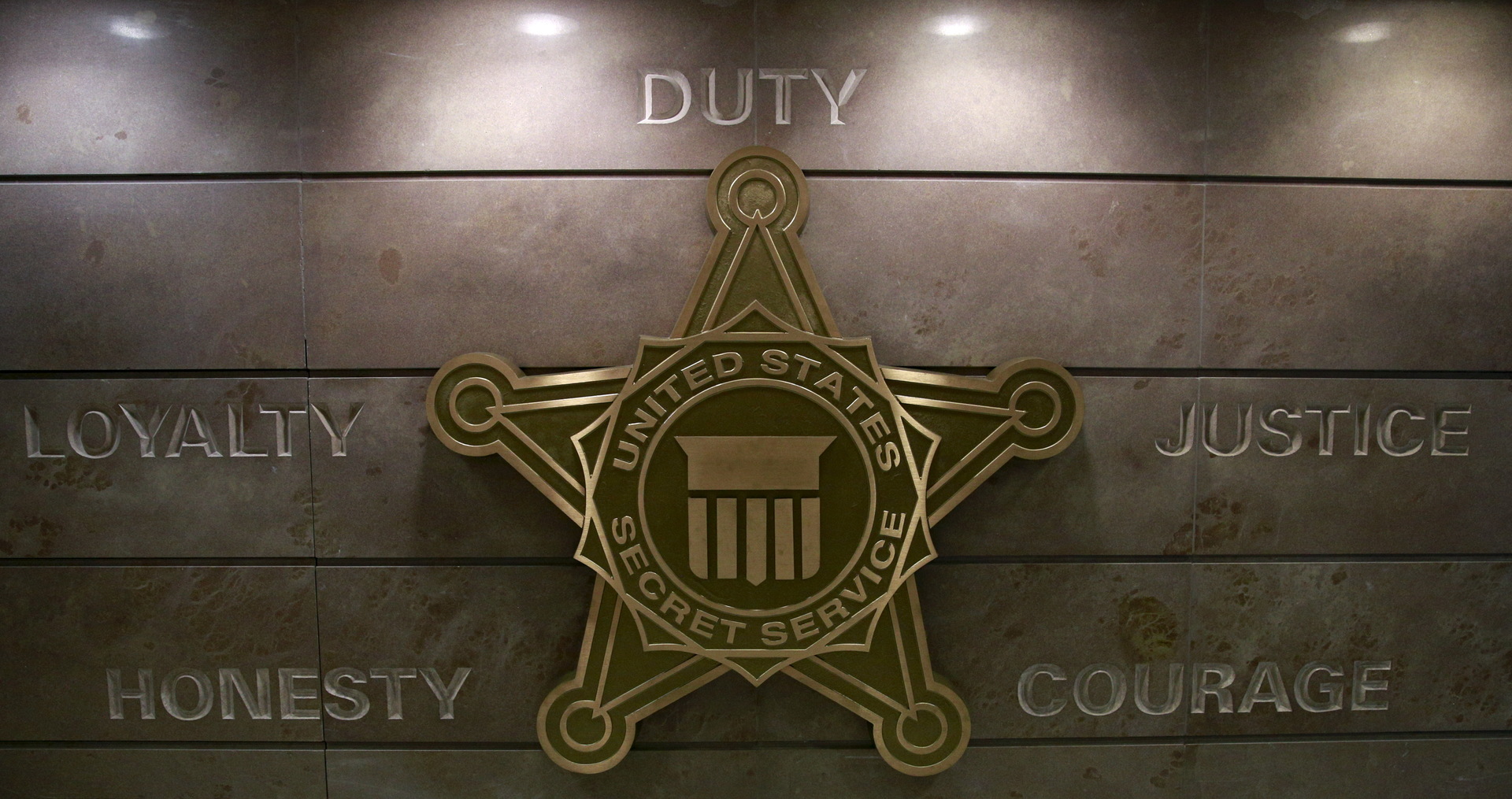The FBI and the US Secret Service are investigating the receipt of a suspicious package, which, according to media reports, was sent to American leader Donald Trump.
"The FBI and our partners from the US Secret Service and the Postal Inspection Service are investigating the receipt of a suspicious letter at the US government post office," the FBI website said in a statement.
It is specified that at the moment no threat to public safety has been identified.
Earlier, CNN, citing "sources", reported on the interception of a parcel with ricin poison addressed to US President Donald Trump.
According to the TV channel, the presence of ricin was confirmed by two tests.
The media also noted that all correspondence addressed to the White House is pre-screened outside of it.
Ricin is a highly toxic plant poison.
Even in small doses, it can lead to death.
The substance is a white powder, colorless and odorless, readily soluble in water.
Ricin is obtained from castor beans - the fruit of the castor plant.
In the past, there have been incidents in the United States of shipping ricin to American politicians.
In 2018, the US Secret Service intercepted a suspicious envelope that was addressed to President Trump.
Other similar letters, according to media reports, were sent to the then head of the Pentagon, James Mattis, and the former head of the US Navy's naval operations, Admiral John Richardson.
Traces of ricin were allegedly found in these messages.
Later, former US serviceman Clyde Allen was accused of sending letters with poison.
During the proceedings, it became known that he allegedly sent similar messages with ricin to Russian President Vladimir Putin and Queen Elizabeth II of Great Britain.
Other ricin incidents occurred in 2013 during the previous White House administration.
So, in mid-April, letters soaked with ricin were sent to US President Barack Obama, Republican Senator Roger Wicker and one of the Mississippi judges.
In May of the same year, letters with ricin were sent to US President Barack Obama and ex-New York Mayor Michael Bloomberg.
The messages contained threats to the head of state and the former mayor in connection with their tough position on the issue of control over the circulation of firearms.
In 2014, the trial of those accused of these crimes took place.
In May, the Mississippi State Court sentenced Everett Dutchke to 25 years in prison on charges of sending poison letters to Obama.
According to the court decision, Datschke will have to pass a five-year probation period after being released from prison.
In July, a court sentenced a resident of the American state of Texas, former actress Shannon Richardson to 18 years in prison for making the deadly poison ricin and sending letters with it to Obama and New York Mayor Bloomberg.
During the proceedings, prosecutors said that before her arrest, Richardson tried to shift the blame onto her husband, informing the police that she allegedly found a ricin-making manual in his computer, as well as information about Obama and Bloomberg.
However, the woman later failed a lie detector test.
Subsequently, Richardson, who is a mother of six children, pleaded guilty and made a deal with the investigation, which allowed her to avoid a longer sentence.
© Kevin Lamarque / Reuters
In 2003, there were two incidents involving letters containing ricin in the United States.
In October this year, one such message was found at a mail sorting center in South Carolina.
The letter contained a metal vial containing ricin powder and a corresponding warning label.
The letter itself contained an ultimatum addressed to the US Department of Transportation regarding the new requirements for the operation of trucks.
The second ricin letter in 2003 was sent to the White House and was found at a sorting center in Washington.
At the first test, the letter did not recognize the substance as ricin, but after a second test at the request of the US Secret Service, it turned out that the message may contain ricin.
The text of the letter again mentioned the ultimatum for the Ministry of Transport.
The senders of the letters were not subsequently found.

